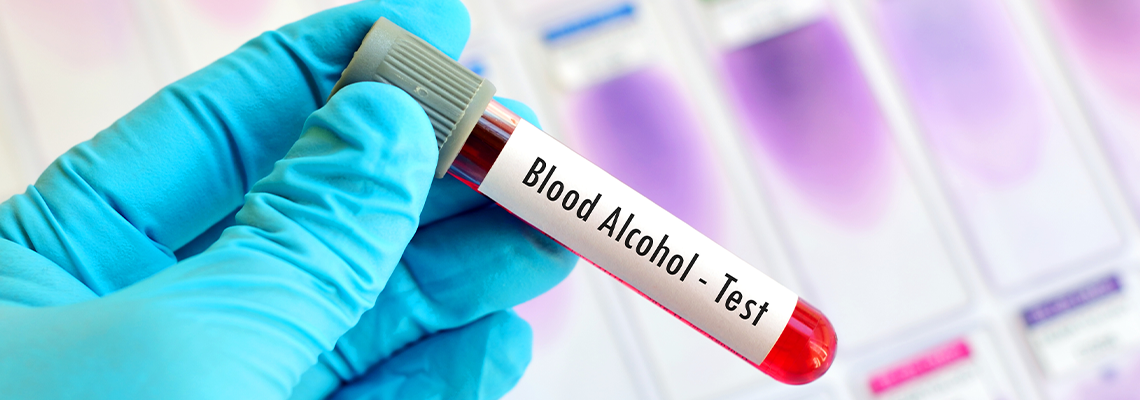
Factors That Can Affect Your Blood Alcohol Content
In California, you don’t have to exhibit any type of impairment to be convicted of a DUI charge. All it takes is for your blood alcohol content (BAC) to test over the legal limit. What if your BAC reaches that mark, but you had not consumed any alcohol or don’t believe you had enough to put it there?
Other factors can affect your BAC that may place you beyond the legal limit even if you did not think you would be. You should know what some of those factors are. At McCready Law Group, I understand what they are, how they affect BAC readings, and how some factors can be used in your defense against DUI charges.
If you are facing DUI charges in Long Beach, Lakewood, or Cypress Hill, California, we should discuss these factors and your defense.
What Exactly is Blood Alcohol Content?
Blood alcohol content (BAC) is the percentage of alcohol in your bloodstream at any time. A test of your breath, blood, or urine is used to determine what that amount is.
In California, it is illegal to operate a motor vehicle when your BAC is .08% or above for most drivers. For some drivers, the legal limit is even lower. It’s .04% for commercial drivers and only .01% for drivers under age 21.
What Factors Can Affect My Blood Alcohol Content?
The factors that can affect your BAC are individual to you. That’s why some people can consume significantly more alcohol than others and have a lower BAC. If you are trying to match someone you’re with drink for drink, you might want to consider how doing so may render entirely different test results between the two of you.
Your height and weight are major factors in BAC. Smaller and lighter people drinking the same amount as larger and heavier people will have a much higher BAC.
Gender is also a factor. Men, largely because they tend to be heavier, usually need to drink more than most women to have the same BAC. However, even if a man and woman weigh the same, the woman’s BAC will likely be .01% to .02% higher after they have each consumed one drink because males have more water in their systems which dilutes the alcohol.
How fast you consume alcohol can make a difference. A slower rate of consumption gives the liver more time to metabolize the alcohol, reducing BAC.
Certain medications can also raise BAC levels. Asthma inhalers, for example, contain alcohol. So do over-the-counter medications such as cough syrups containing alcohol. Vapor rubs, toothache gels, and oral antiseptics also contain alcohol. Even mouthwash and breath sprays can increase your BAC, resulting in a higher reading or a false positive.
There are common medical disorders that may raise your BAC, including diabetes and acid reflux disease. These, too, can cause a false positive or boost your BAC over the amount caused by the alcohol you consumed.
The amount of food in your stomach while consuming alcohol is a major factor. Because most of the alcohol in your bloodstream is absorbed through the stomach, and because sharing space in the stomach with food slows absorption, the more food you consume with alcohol, the lower your BAC will be. Moreover, fatty foods are harder to digest so they slow absorption more than carbohydrates.
There is also such a phenomenon as alcohol tolerance. The livers of people who drink more metabolize alcohol better. Although more rapid metabolization may make the more experienced drinker appear to have a lower level of intoxication, their BAC will not reflect it.
Skilled Legal Guidance
Factors that can affect your BAC may be vital to your defense against a DUI. What you need is a criminal defense attorney who knows what those factors are, how to ask the right questions, gather the appropriate evidence, and use the information in your defense.
If you are facing DUI charges, hire our experienced Long Beach, California, DUI attorneys right away. Call McCready Law Group now.
